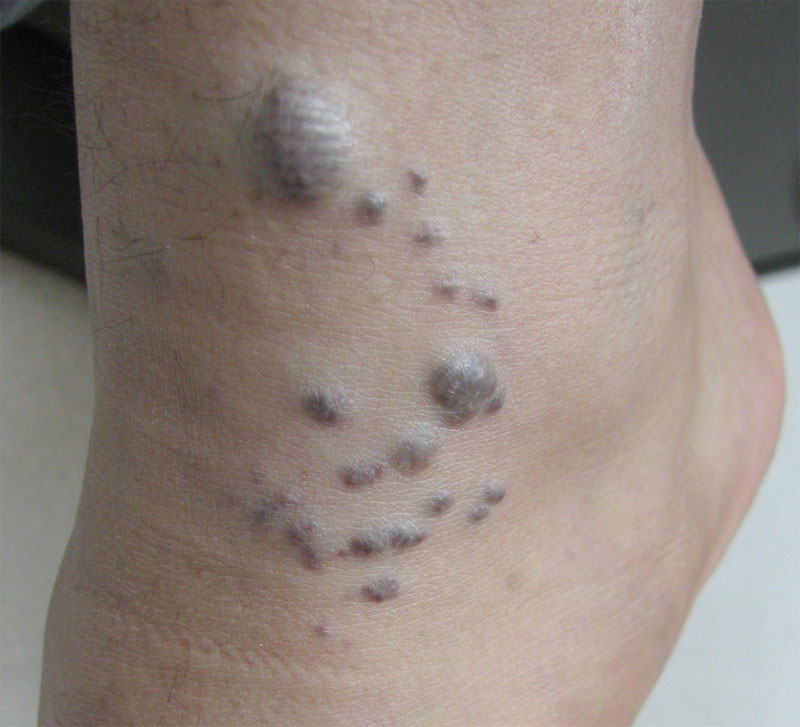Category: G
-
Glossopharyngeal
Relating to the tongue and pharynx. The glossopharyngeal nerve is the ninth cranial nerve, which in the main is a sensory nerve, being the nerve of taste in the posterior third of the tongue and the nerve of general sensation for the whole upper part of the throat and middle ear. It also supplies the…
-
Glossina
A genus of African flies which cause trypanosomiasis, e.g. the tsetse fly. A genus consisting of the tsetse flies, which includes 23 bloodsucking species that live principally in central and southern Africa. They transmit the trypanosomes (Trypanosoma gambiense, T. rhodesiense), the causative agents of sleeping sickness in humans, and other trypanosomes that infect wild and…
-
Glomerulitis
Inflammation causing lesions of glomeruli in the kidney. Any one of a variety of lesions of the glomeruli associated with acute or chronic kidney disease. Such lesions are recognized by electron microscopic examination, using immunofluorescent staining techniques, of kidney biopsy specimens taken during the course of the disease.
-
Glomerular tuft
A group of blood vessels in the kidney which filter the blood.
-
Glomerular
Referring to a glomerulus.
-

Glomangioma
A tumour of the skin at the ends of the fingers and toes. A harmless but often painful tumor usually occurring in the skin at the ends of the fingers and toes. It arises from nerve tissue in the blood vessels. A benign tumor that develops from an arteriovenous glomus (cluster of blood cells) of…
-
Globus
Any ball-shaped part of the body. A spherical or globe-shaped structure; for example the globus pallidus, part of the lenticular nucleus in the brain. A term applied generally to any structures of ball shape, but especially to the sensation of a ball in the throat causing choking, which forms a common symptom of acute anxiety…
-
Globulinuria
The presence of globulins in the urine. The presence in the urine of globulins.
-
Glisson’s capsule
A tissue sheath in the liver containing the blood vessels [After Francis Glisson (1597—1677), philosopher, physician and anatomist at Cambridge and London, UK].
-
Glipizide
A drug used to reduce the glucose level in the blood. A sulfonylurea that acts as a hypoglycemic agent. This compound is sometimes combined with metformin. Oral antidiabetic that works by stimulating the release of insulin from the pancreas. Adverse effects include hypoglycemia, gastrointestinal disturbances, and skin rashes. An oral drug from the class of…